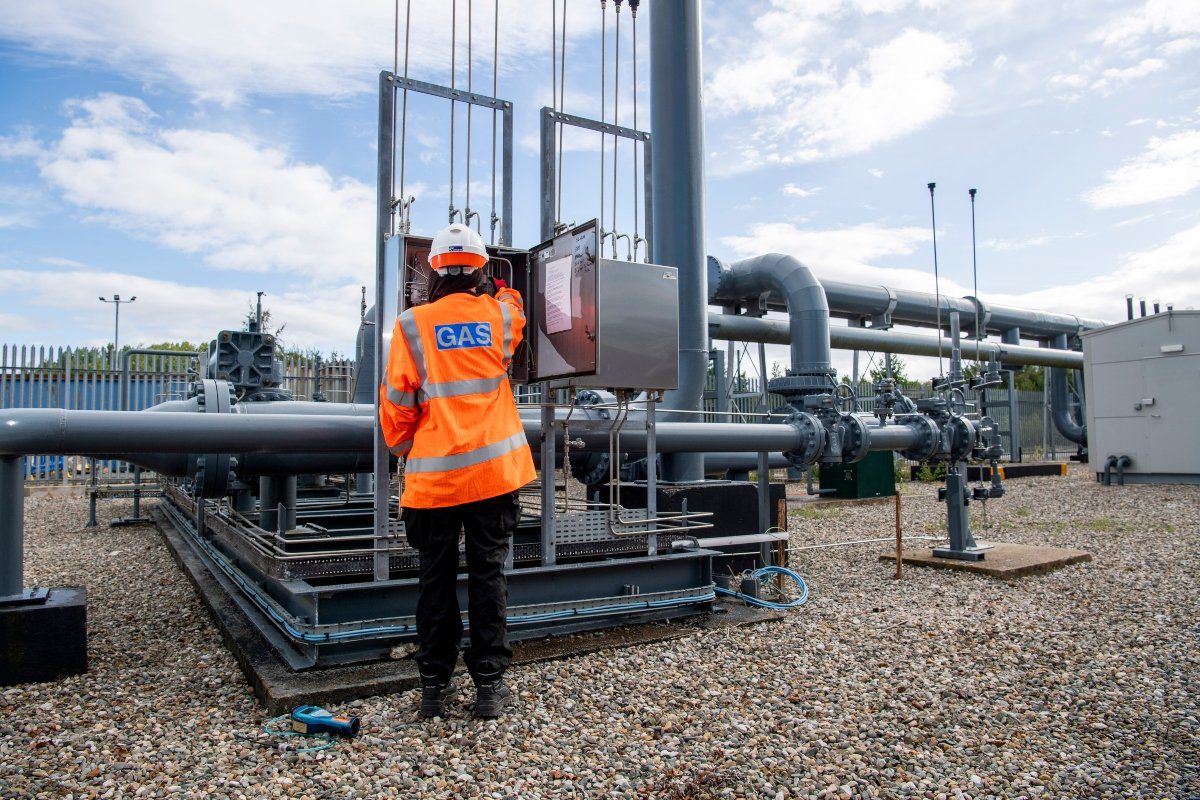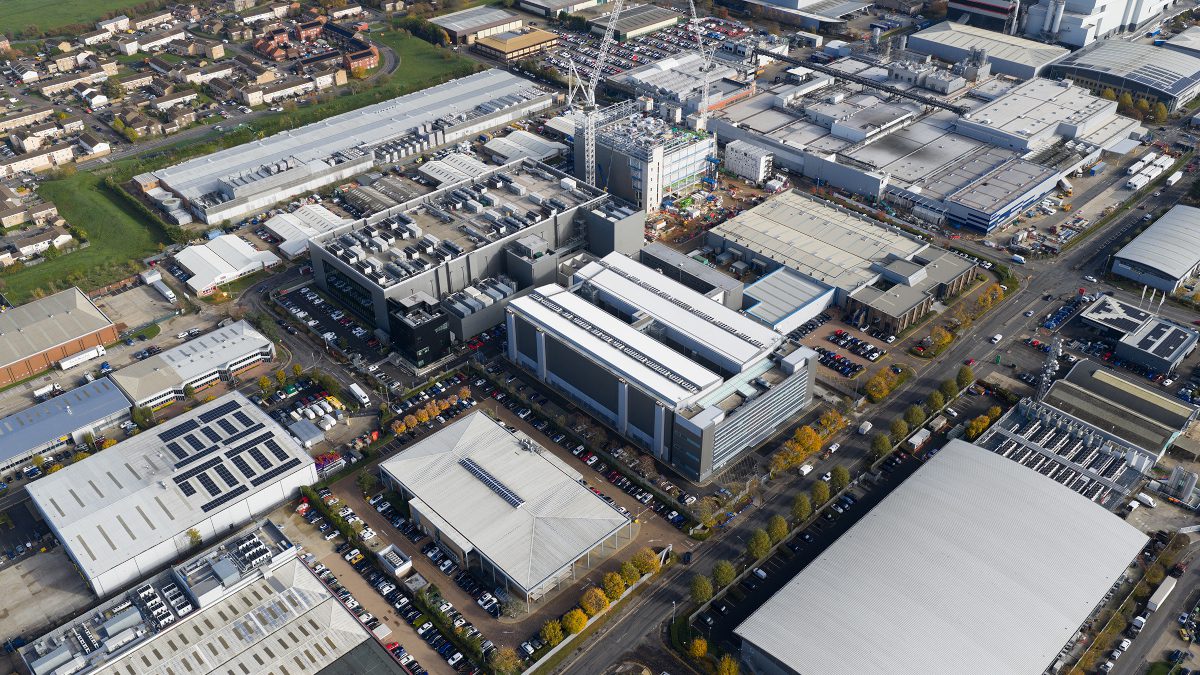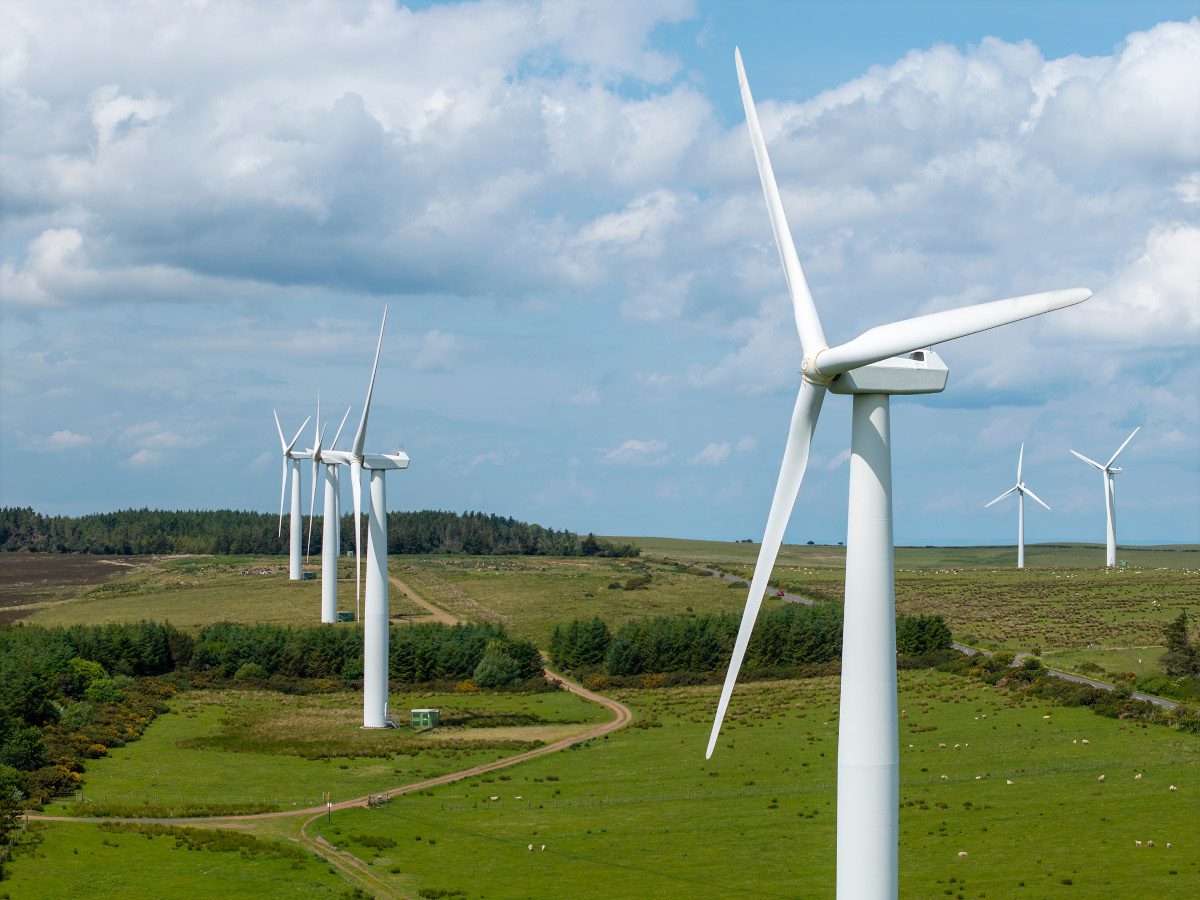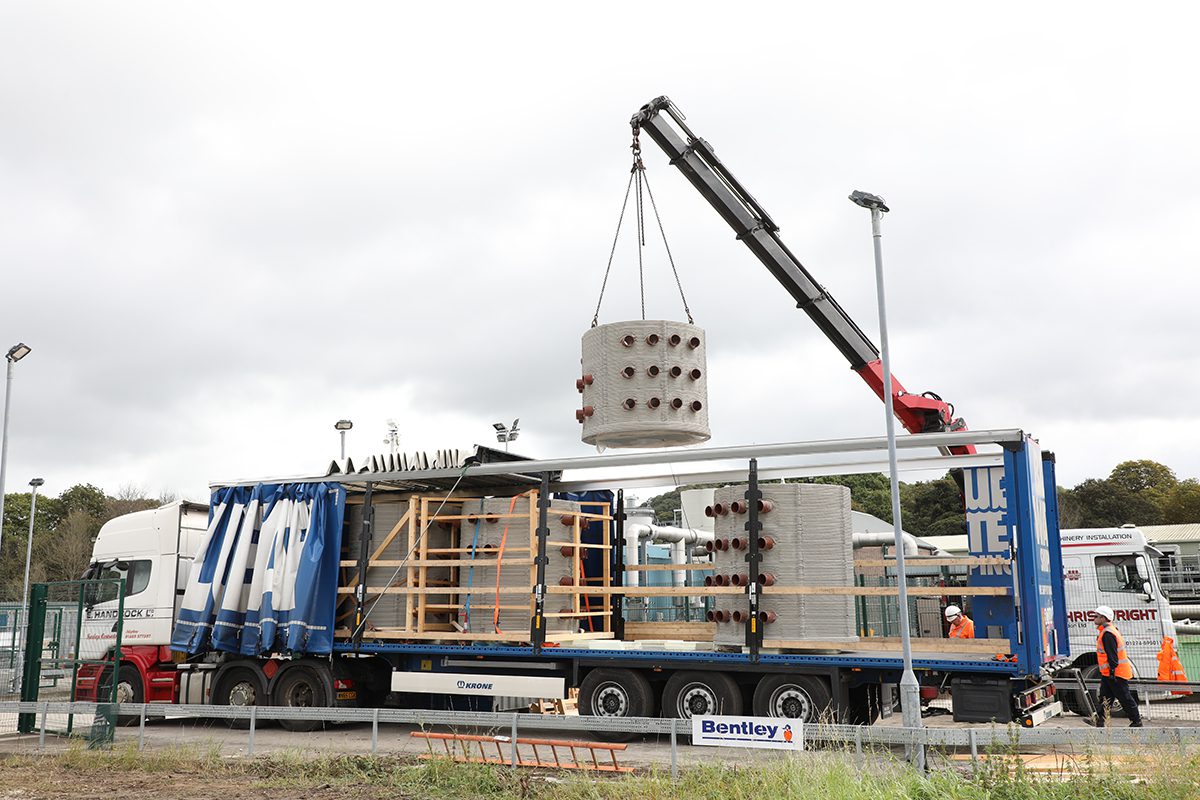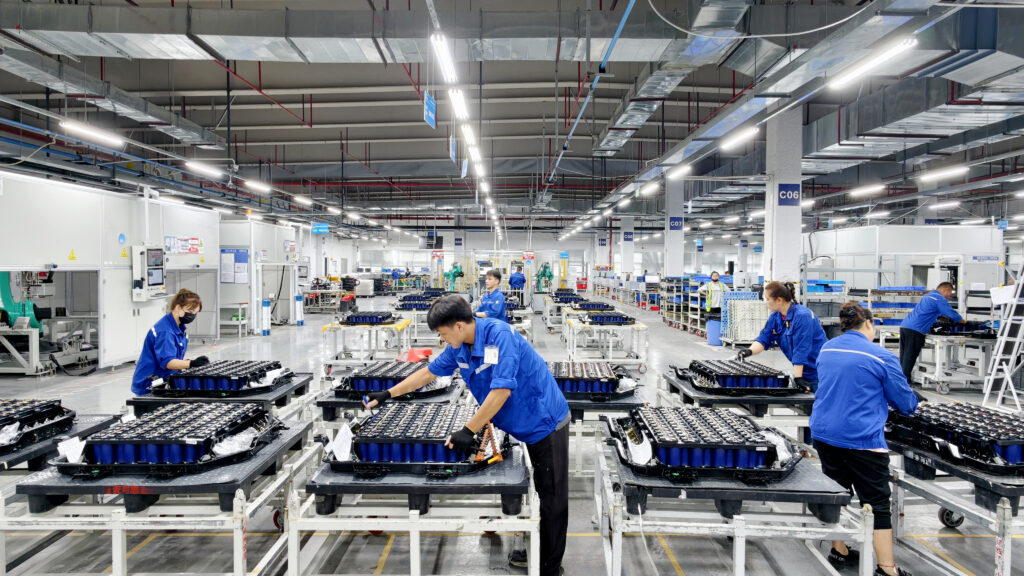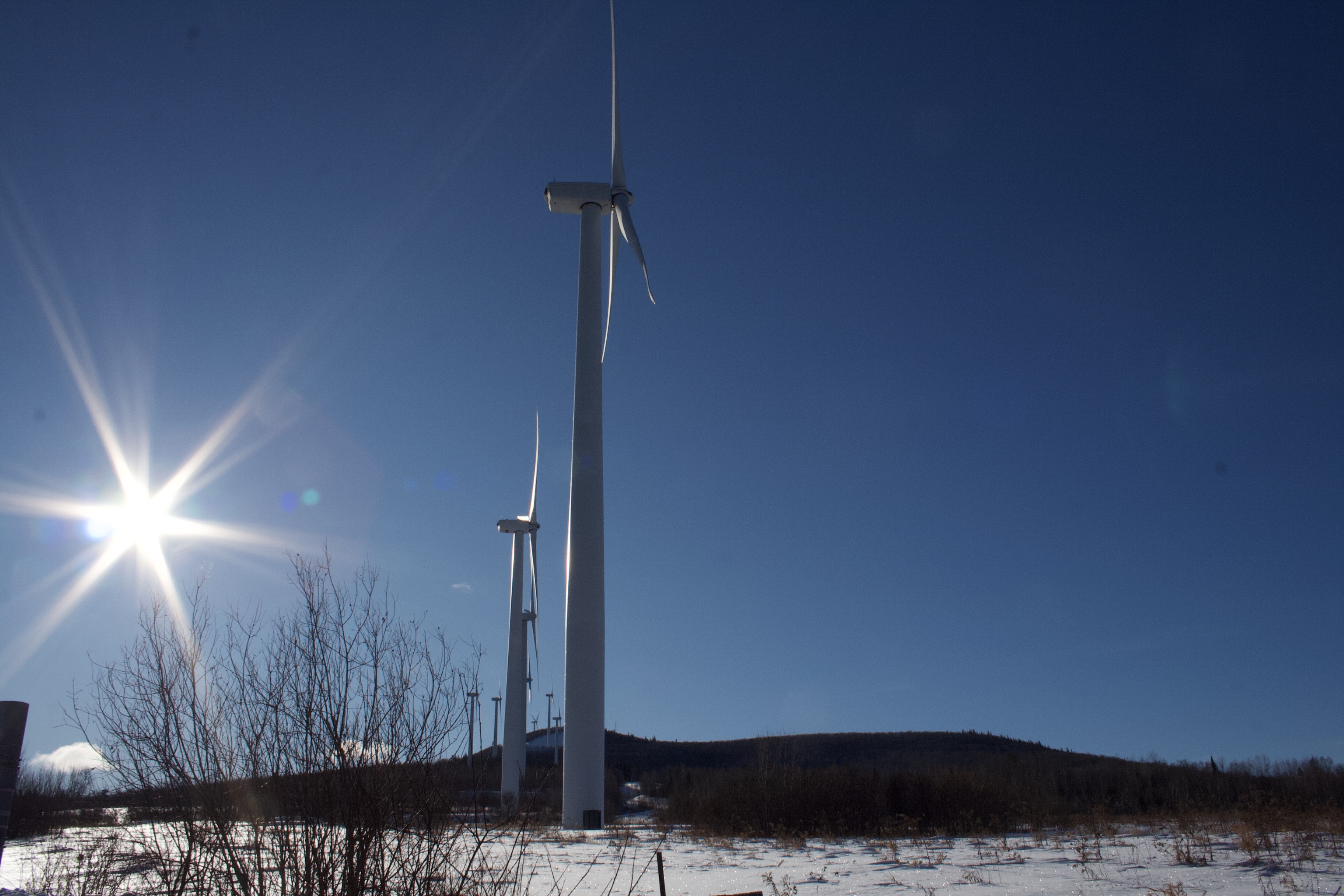In a new report released on 24 September, close to 50% of global businesses surveyed say they are prepared to pay a premium for lower emission steel and concrete, signaling a powerful and growing demand for more sustainable materials.
With steel and concrete emissions said to be responsible for 15% of global emissions, their urgent decarbonization is critical to meeting the goals outlined in the Paris Agreement.
The research and associated report were announced by Climate Group and Ramboll at Climate Week NYC.
The report, “The Steel and Concrete Transformation: 2024 market outlook on lower emission steel and concrete”, comes after over 250 companies globally from 42 countries and 21 industries were surveyed on their current readiness to use and willingness to pay for lower emission steel and concrete. It aims to evaluate business readiness, including from developers, manufacturers, and utilities, to incorporate lower emission steel and concrete in their operations, their willingness to pay a premium for these materials, and the existing key barriers preventing wider adoption.
Positive market outlook but barriers remain
The research indicates growing momentum, with 45% of respondents saying they would be willing to pay a premium for emissions reductions of 25% or higher for steel, while 57% would be willing to do so for reductions exceeding 50%. For concrete, these numbers were 40% and 49% respectively. While the ability to pay varies across sectors and geographies, compared to one year ago 52% of respondents had a higher willingness to do so, whilst 34% reported no change in their stance.
The report also suggests businesses expect the transition towards lower emission materials to be inevitable: 78% of respondents answered they expect lower emission steel and concrete will be standard materials for new products or projects within the next decade. This demonstrates a growing recognition across industries that the transition to lower emission materials is inevitable, driven by both regulatory pressures and market demand.
While the outlook is broadly positive, the report also focused on the barriers and solutions to this widescale adoption and transition. Businesses said while progress is accelerating, the greatest barriers to adoption remain cost (84%), industry conservatism (37%), and lack of knowledge (33%).
In terms of solutions, businesses were clear that governments have a significant role to play in supporting them. Financial levers such as tax incentives, credits, and subsidies (69%), carbon pricing (50%) as well as minimum product standards or embodied carbon limits (43%) were identified as crucial policies for governments to prioritise. Without them, the world is unlikely to see the rapid scaling of lower emission steel and concrete in time. Clear and robust policies must be implemented at all levels of government, now.
Jen Carson, Head of Industry of Climate Group, said:
“Business leaders are not only calling for change – they’re enacting it. This report is a real temperature check of the market. It’s hugely encouraging to see the appetite is here, now, for organisations to pay a premium for lower emission steel and concrete. Actors across the value chain – suppliers, governments, and investors – should take note.
But there’s deep work to be done to speed up progress. It’s critical that businesses can make the right choices for their operations, and the planet, and switch to lower emission steel and concrete. Governments must listen to their concerns, support their ambition, and act quickly to remove barriers. This way we can unlock corporate demand to drive real sector transformation.”
Michael Simmelsgaard, Chief Operating Officer of Ramboll, said:
“The fact that more companies are now willing to pay a premium for lower emission steel and concrete sends a strong signal to the market. To accelerate progress, all actors now need to come together – from policymakers and investors to off-takers of steel and concrete, as well as end users who will need to accept a price premium until the market matures. Let’s build on the momentum we have to drive a rapid and lasting decarbonization of heavy industries on the path to global net zero.”




